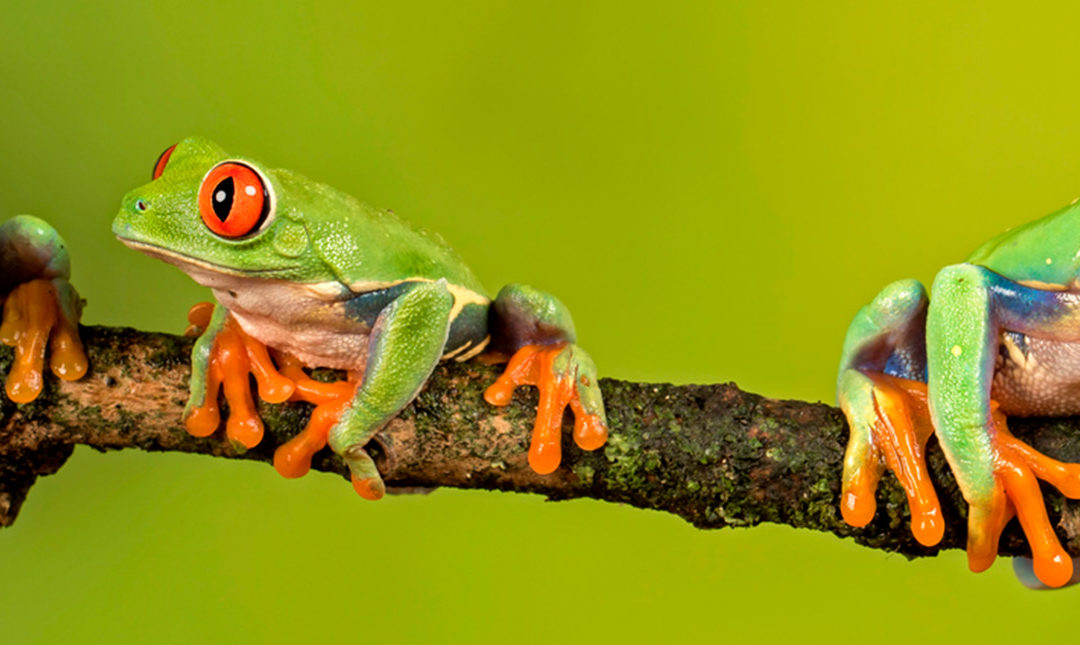Ecology is the study of the relationships between living organisms – including humans – and the world around them. Ecologists seek to understand the complex connections between these living organisms and their habitats. Ecologists study plants and animals at various levels, including individuals, populations, communities, and ecosystems. While ecology is considered a part of biology, it is a highly interdisciplinary field and touches upon all the major branches of sciences. Some of the biggest problems confronting science and society today, including expanding populations, food scarcities, environmental pollution, climate change, global warming, and the extinction of plant and animal species, are to a great degree ecological.
An ecological community is all the animal and plant populations occupying a given area. The living (biotic) and nonliving environment (abiotic) function as an ecological system or ecosystem governed by population dynamics, competition, and energy and material cycling principles. Our understanding of ecology contributes to decisions about how natural resources are managed. Research to understand ecosystem use by humans has led to the development of fields such as sustainable development, resilience theory, restoration ecology, and ecosystem services.
Because ecology covers so many different areas, potential career paths are equally as numerous. Jobs can be found in all sectors of the economy. To learn more about ecology and access Ocean Connect’s wide range of educational and career resources, please visit our Ecology Snapshot.

